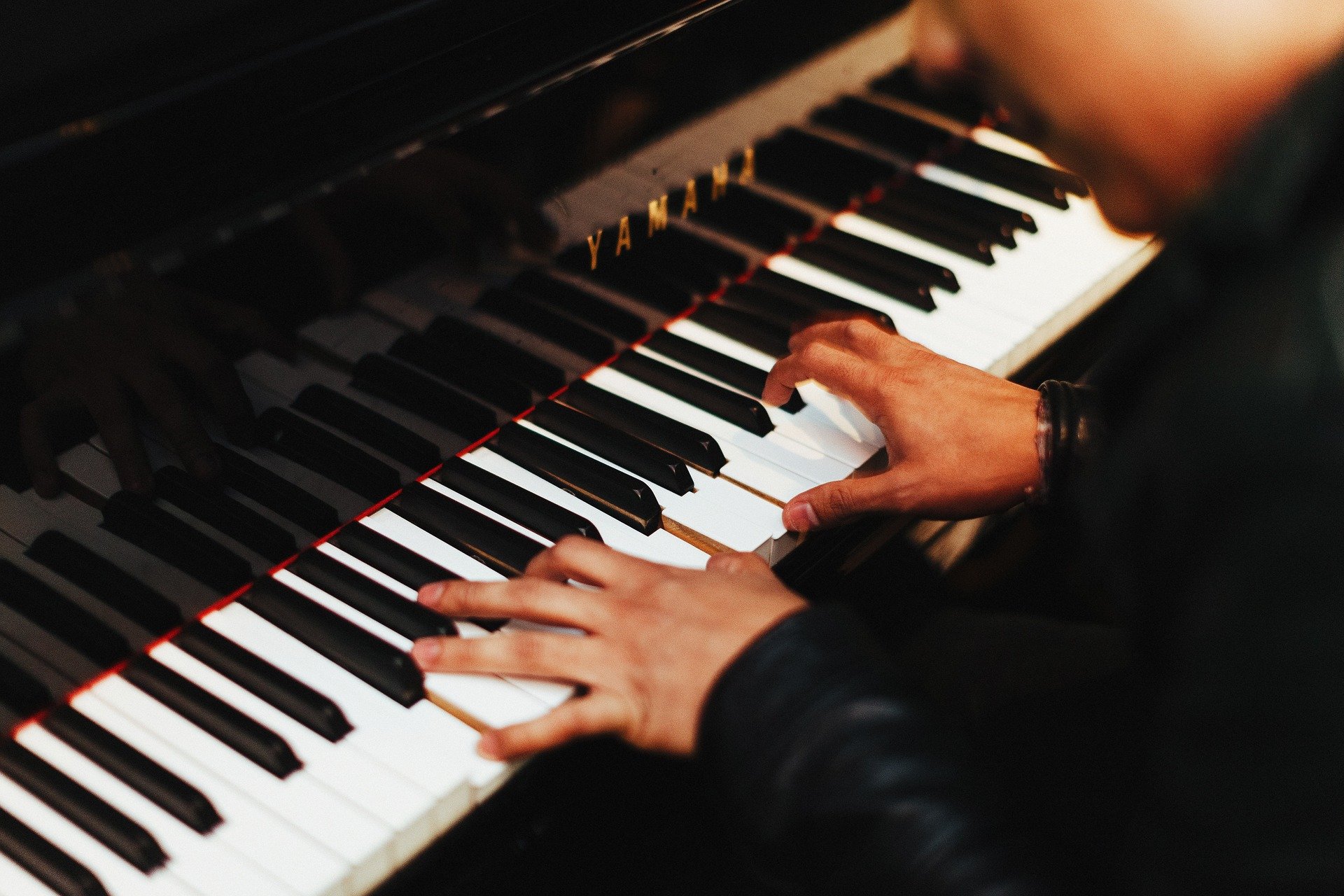Cleanliness During COVID
It’s difficult to escape reminders about cleanliness at the moment, given that it is essential to stop the spread of the pandemic we find ourselves in. If you are out in public, whether that be to a restaurant, a shop, or supermarket, it is essential for you to consistently use any available hand sanitiser. Staff are also expected to clean down any surfaces that are touched by customers on a regular basis. With regards to PPE, it is also crucial for businesses to have precautions in place to ensure that customers are always safe, and risk is reduced.
Companies that work one-on-one with their clients, such as nail salons, personal trainers, driving instructors, tutors etc, have now been given permission to work with their customers once more, providing that they also ensure safety measures are adhered to.
In many working environments, most surfaces are relatively easy to clean without compromising them, such as glass, metal or plastic. This isn’t the case for every industry though, as for music tutors, the cleaning and condition of the instrument must also be considered. For pianists, this concern is significant, as pianos need a delicate level of care and atmosphere to maintain their condition generally.
Keeping Your Piano Clean
Generally, when taking care of and maintaining a piano, there are important steps that must be taken to ensure the instrument is kept in prime condition. These include:
Humidity control
Pianos are made of wood, which is incredibly sensitive to changes in environment. It is crucial that the room a piano is in, is neither too hot or too cold, and that levels of air conditioning or heating are controlled.
Humidity can cause strings to become rusty, tuning becomes unstable, felts can become hard and keys can swell which can result in notes out of tune.
Avoid damage
Never place plants or drinks on a piano as the condensation can cause damage. Objects should also never be placed on a piano without there being a cloth or layer of material to protect the wood.
Avoid scratches
Dust can sometimes cause scratches if it is not removed carefully. Avoid using a dry cloth, instead use a feather duster or lightly damp soft-fibre cloth.
Keep it clean
Many people ask, ‘How do you clean a wooden piano?’, which is an incredibly valid question, as wood is so sensitive. Common household cleaning products should be avoided, as should cheap furniture polish or other products. Aerosols in general should be avoided as they can contaminate piano keys and tuning pins. Instead, use products that have been tried and tested by piano makers. They may be more expensive, but it will keep your piano in great condition and avoid any long-term damage.
Avoid direct sunlight
Keep your piano somewhere that won’t be impacted to much by the environment. Place it somewhere that avoids drafts, dampness or direct heat. Also avoid direct sunlight as this will age the finish of the wood prematurely and cause fading to the colour.
How to Clean Piano Keys
There are various types of piano keys, as the coverings on the keys can be made from a number of materials. These can include, ivory, celluloid, plastic and even some forms of animal. As the coverings vary, so does the glue, dependant on which is needed for adhesion. Because of the specifics involved, it’s important to use the correct cleaning products as to not damage the keys. Generally, it is recommended to avoid chemical cleaners, instead using a lightly damp cloth, followed by a dry cloth.
Yamaha guidance on disinfecting and cleaning Yamaha piano keys:
Cleaning Your Piano to Adhere to COVID-19 Guidelines
Pianos that are regularly played can be a breeding ground for germs, especially if the piano is used for teaching, as it means that numerous people’s hands are touching the same keys, often within the same day. If people are leaving the house to go food shopping or for exercise, this also leaves the possibility of germs from external environments collecting on the piano.
- It is possible to buy disinfectant wipes, specifically suitable for pianos and their keys, which are available here. When using wipes, be sure to press down on each key to get into every nook and cranny, down the sides of each key and in the gaps between them.
- Be sure to wash your hands, both before and after using your piano, and ensure that your hands are properly dry before going ahead and playing. Equally, if you have recently used any hand sanitiser, make sure that it has fully absorbed into your hands before touching the piano keys.
Will COVID-19 Germs Stay on my Piano?
In general, viruses last longer on plastic-coated surfaces than they do on wood. This means, that if your piano or its keys have been coated in any type of plastic, it is important to be extra vigilant when cleaning and disinfecting the piano. Back in March, the New England Journal of Medicine stated that the Coronavirus can be detected for up to 24 hours on wood and up to two/three days on plastic and stainless-steel surfaces.
If you have any concerns as to which cleaning products should be used on your piano, or equally, which products are most effective for disinfecting surfaces, be sure to check your piano handbook or feel free to get in touch with us and find out how we can help.
 " alt="">
" alt="">